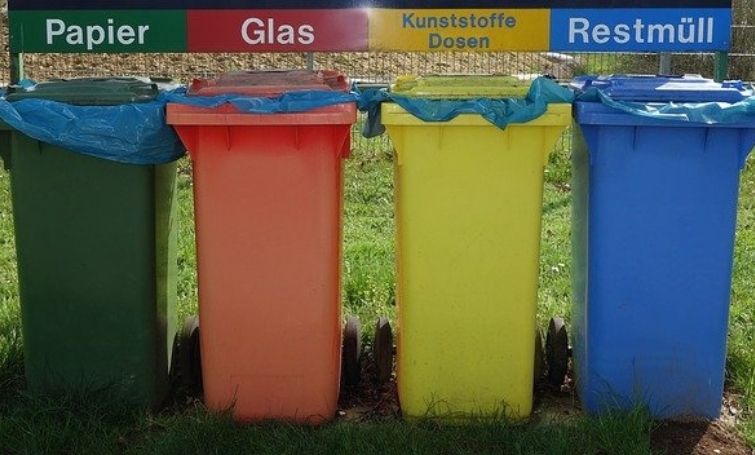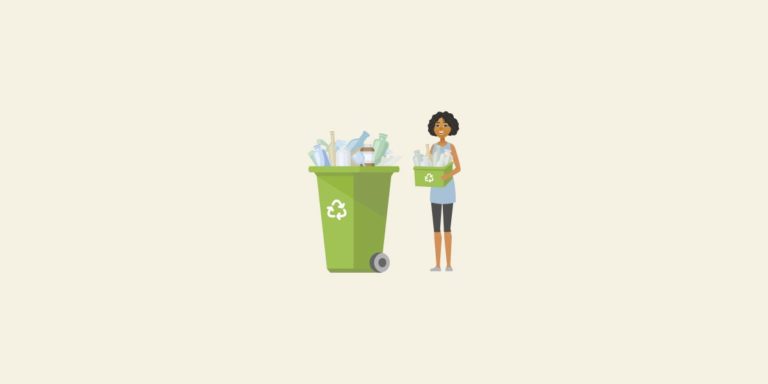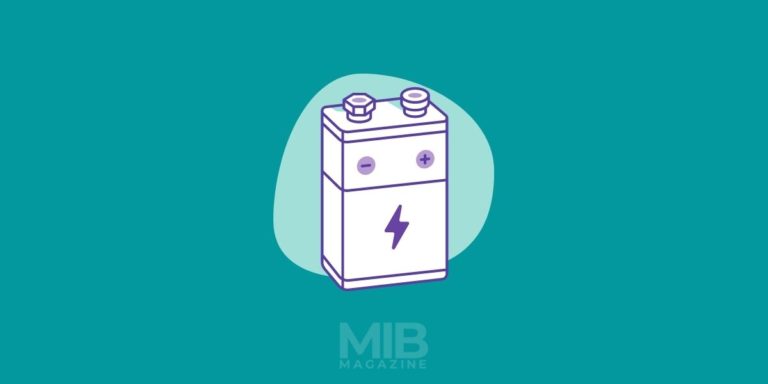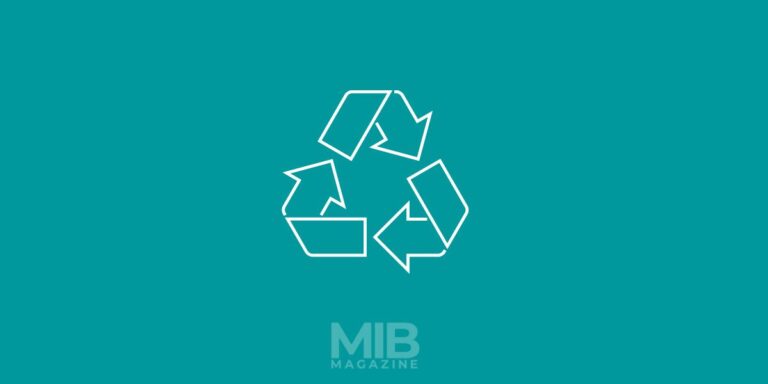Starting Waste Paper Recycling Plant – Business Plan

The paper that we use is mostly a biodegradable waste that can easily be decomposed with the passing time. In the present times there has been a huge usage of paper. Nearly everywhere we go we can easily see papers around. The usage of paper is vivid and is increasing by time. Some basic usage of paper includes newspapers, books, text copy, pamphlets, posters, magazine papers, calendars, and many more.
The world market of paper is very huge and is in billions. Paper is made using the pulp from trees. As of 2011, 398, 975 thousand tons of paper is produced every year. In this article I am sharing profitable business plan for paper recycling business. If you want to start your own paper recycling plant then read this article till the very end, you will get all information about profit margin in this business and cost of setting up a paper recycling plant.
China ranks at number one spot in the production of paper. The United States is at the second spot and Japan is at the third spot. The paper manufacturing industry is very huge and has a turnover of billion dollars every year.
How Paper is produced?
Paper is produced from the pulp of wood, fibrous plants, rice, water plants, stubbles, and other such materials. The basic material that is required to manufacture paper is fiber which is an essential part in paper making. You can get this pulp mainly from two sources. One is from wood pulp and the other is from old recycled papers. The production of papers required cutting down of tress. One tree in general produces 16.67 reams of paper whereas 12 trees produce 1 ton of paper.
Also Read:- How To Start Plastic Recycling Business – Profitable Business Plan
To produce such a huge quantity of papers millions of trees are cut down every year. The rise in cutting down of trees has led to deforestation resulting in rise of global warming. To counter this people are now focusing on recycling of paper.
Recycling Paper:
Paper recycling has been hugely adopted these days by every country in order to save the cutting down of trees. The benefit of recycling is not only that it saves cutting down of trees but also reduces and reuses paper waste that would have created a mess in the atmosphere. There is unique advantage of recycling paper as it is beneficial in many ways. To produce one A4 size paper nearly 5 liters of water is required. Recycling down of 1 ton of paper saves 26, 500 liters of water, 682.5 gallons of oil and 17 trees.
Inspired by such an effective method, the whole world has invested a huge sum of money in recycling paper waste. Earlier these recycling job was conducted by either government owned businesses or big recycling businesses but now even common man can own a paper recycling business.
Paper Recycling as a Business:
Paper recycling business is a flourishing business that is giving huge returns to its owners. There is abundant demand of recycled paper as they are cheap. If one plans down a strategy, executes it and invest a fair amount of capital then one can get a satisfying return within no time. To lay down a business plan you need to understand the basics of recycling a business, its requirements, investment, and return and so on. Here is a strategic and brief plan that can help you in your paper recycling business.
Paper Recycling Business Plan:
The plan will carry all the details of how your paper recycling business can be opened, executed and run successfully with satisfying return. Here are few things you need to care about.
- Resource Required to open a recycle plant
- cost of setting up a waste paper recycling plant
- Requirement of total capital
- Arrangement of capital
- Time investment
- Strategy for successful recycle business
- Profit margin
- Return on investment
So let us first talk about the resource required to start a paper recycling business.
Resources required to open a paper recycle plant:
Land Space and Factory:
The First basic requirement is a place where you will recycled paper. If your house allows you to setup your plant then it is okay or you need to get a decent space where you can set your factory. Depending on the scale of recycling you can own or rent that space. The minimum space should be around 250sq. feet. The space should be closed with rooms for collecting paper waste, a cleaned room for keeping the recycled paper, a place to setup machines and so on.
Requirement of Resources:
The Basic amenities are required everywhere. You need to have permanent standard power connection with stable water supply. The paper recycling plant requires huge amount of water therefore you need to have that supply. Your plant should not be that far that transportation becomes a problem because you need constant supply of waste paper for your recycle plant.
Required Official Permissions:
Since you are opening a recycle plant therefore you need to have permissions from the concerned authorities in your city. You also need to pay taxes of your space under commercial space. The next thing is registration of business followed by GST registration for payment of tax. Since you will use huge power therefore special permission should also be taken. The last one is water supply connection which you must definitely take as your water requirement will be huge.
Equipment for Recycling:
To recycle the paper you need some standard equipment like washing soap, cleaning equipment, bleaching powder, tanks, containers, machines, jets, paper printer, etc.
Paper Recycling Machine:
There are three types of machines for recycling paper. First is the small type machine that recycles 20-100 kg of paper per hour. The medium size machine recycles 75-250 kg of paper while the large machine recycles 100-500 kg of paper waste. Depending on your requirement and budget you can purchase the machine. It would be advisable to start with small machine and later on go for medium and large machine as it will help you in understanding the business supply and returns.
Waste Paper Collection:
You can network with scrap collectors, paper waste owners, dumping grounds and so on to collect waste paper.
Labor and Expert:
You need at least one person who is expert in paper recycling and with major machines and equipment. You also need few labors that will assist the main worker in the recycling job.
Other Requirements:
This includes paper packaging, place to store paper, later job of printing, labeling, transporting and so on.
Cost of setting up a recycling plant:
The cost estimation which is given below is in Indian currency and is targeting readers from India. This business plan is also valid for other countries like South Africa, Australia, USA, UK, Canada, etc. The cost of machine is nearly same everywhere and recycling process is also same.
Renting or owning of place depending on size varies from place to place which one can calculate. The better option in starting is to rent a place or use an existing place owned by you as it will reduce investment. Waste paper collection doesn’t costs much. Nearly 4-5 rupee is spent to buy 1kg of waste paper.
Purchasing equipment is costly which should best be rented on monthly basis which is easily available if you have contacts. Recycling machine is a costly thing to own which should best be owned. Start with a small machine that costs around 3-5 lakhs while the medium costs at Rs 5-10 lakhs and the large one costs Rs 10-35 lakhs.
Hiring expert technician and labor will cost you Rs 30-40 thousand per month. You can add electric charges, water charge, transportation and other expense as well. A total of at least Rs 10 lakhs is required for the first time in setting up your business. Later you have to spend at least 1-1.5 lakhs per month.
Also Read :- 20 Most Profitable Recycling Business Ideas & Opportunities
Arrangement of Capital:
You can take loan using Mudra Yojna started by the present Union Government in India. You can take Rs 10 lakh loan to start your business. Apart from this, you can also take loan from other banks. If you want to open it as a startup then you can avail 3 year benefit from taxes and charges. You can finance your business, open with partnership to ease the capital requirement.
Time Investment:
It would take at least 2 months to start your paper recycling business. From arranging land, building your factory, setting up your machines, hiring resources, experts and labors, networking with paper suppliers and sellers, transportation, required permissions and so on. You may start to get returns only after 4-6 months since the starting of your business.
Strategy to Run Successful Recycling Business:
The first thing you should keep in mind to invest a fair amount but not much in starting. Setup a small machine instead of big one. Rent most of your resources and equipment. Network with people who can supply you waste paper at low cost. Hire an expert that can help you in recycling your paper in a standard way. Create a network of sellers where you can sell your recycled paper. Try to sell it directly to big companies so that you get huge returns.
In starting you should focus on starting with small production as it will require less investment. With time you can carry forward your business based on returns. Read and understand the market of recycling paper. Contact with best suppliers and sellers so that you can purchase waste paper in less amount and sell the recycled paper in high amount.
Strategy to Earn More Money:
Recycle paper and manufacture other products like paper plates for more profits
How can you earn more money recycling paper? How can your return increase? The best way to increase your return is to make the best use of recycled paper and waste paper. Every waste paper isn’t dirty and useless.
There are certain quality of paper like textbook paper, text copy paper, and plastic coated paper in magazine that can be used to manufacture paper plates. You only need to have a paper plate manufacturing machine. Using that you can easily manufacture 1000s of plates a day which can be sold at higher cost. A standard plastic coated paper plate is sold at Rs 20-25 per 100 piece while a normal paper plate is sold at Rs 10 per 100 piece.
Apart from this, you can also manufacture paper boxes that are durable and are made from standard and little hard paper. Boxes used to store sweets can also be manufactured as they are simple to manufacture and cost less in manufacturing but give profitable returns.
Return on Investment:
Your Return of Investment will depend upon how you devised your strategy in the recycled business. The first return on investment can start after 4-6 months after the setting up of the plant.
If you have made good network then your sale will rise and so will your return. Try to manufacture standard papers so that it can be sold to standard companies that will give you fair return. If you are getting good market then you can setup larger machines to manufacture and recycle more paper. You can sell a ream of paper of A4 size easily at Rs 75-100 while selling 10, 000 paper plates can give you 1000 Rs per day.
Your return will be measured only after 1 years since the starting one year will take to build your business. You can easily earn Rs 10-15 thousand per day in your recycling business adding up your recycled products as well. All will depend on the quality, quantity of paper you manufacture and the market of sale you have.
FAQS
There are a number of initial investment costs associated with starting a waste paper recycling business. These costs can include the purchase of recycling equipment, the cost of leasing or purchasing a facility, and the cost of hiring employees. The total cost of starting a waste paper recycling business will vary depending on the size and scope of the business.
A. Paper products including cereal boxes, egg cartons, paper towel rolls, and paperboard
B. Recycled paper is used to make new paper products, insulation, and animal bedding.
C. Recycled paper is used to make new paper products, packaging, and construction materials.
D. Recycled paper is used to make new paper products, packaging, and paperboard.
There are many markets for recycled waste paper, as it can be used for a wide range of products. Some of the most common uses for recycled paper include: toilet paper, paper towels, paperboard, printing and writing paper, and boxboard.
There is no definitive answer to this question, as the amount of waste paper produced each year can vary greatly depending on factors such as population growth, economic development, and changes in paper consumption habits. However, according to a report from the Environmental Paper Network, global paper consumption has been growing by an average of 3.3% per year over the past decade, and is expected to reach 405 million tonnes by 2020. This would suggest that the amount of waste paper produced each year is also increasing, although the exact amount is difficult to estimate.
There are many ways to start a waste paper recycling business. One way is to gather used paper from businesses and organizations in your community. You can also contact companies that produce paper and ask if they have any waste paper that they would be willing to sell to you. Once you have collected a large amount of waste paper, you can then start the process of recycling it into new paper products.
There are several benefits to recycling waste paper, including:
1. Recycling paper conserves natural resources, including trees, water, and minerals.
2. It takes less energy to produce recycled paper than it does to produce paper from virgin materials.
3. Recycling paper reduces pollution and greenhouse gas emissions.
4. It creates jobs in the recycling industry.
5. Recycling paper helps to reduce waste in landfills.
There are several challenges to recycling waste paper. First, paper is a bulky material, so it can be difficult to transport and store. Second, paper is often contaminated with other materials, such as food, glass, or plastic, which makes it difficult to recycle. Third, paper is often mixed with other types of waste, which makes it difficult to sort and recycle. Finally, paper recycling can be expensive, so it is often not cost-effective for municipalities or businesses.






